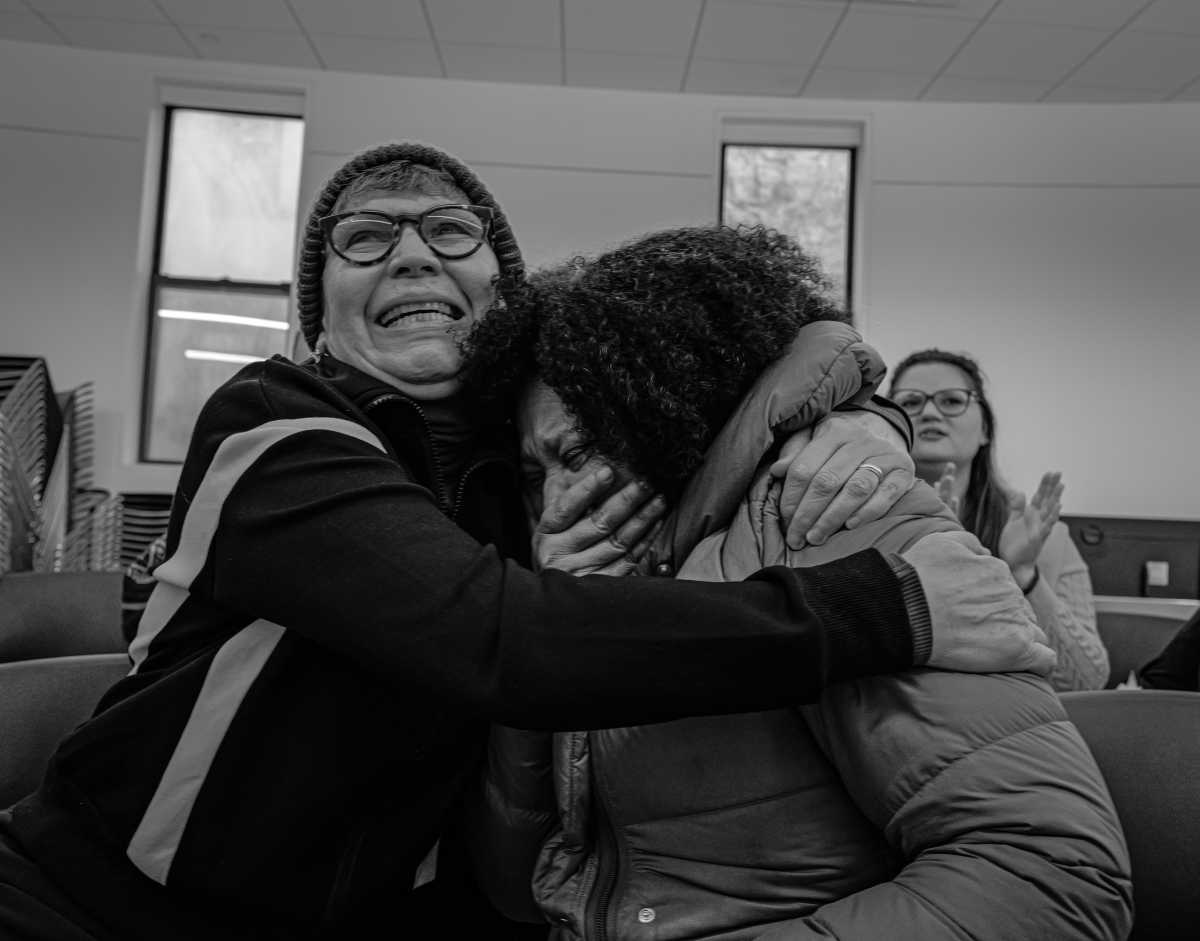BY MICHAEL T. LUONGO & PAUL SCHINDLER | In an historic pre-dawn July 15 vote, the Argentine Senate, by a margin of 33-27, made that nation the first in Latin America to grant same-sex couples marriage equality.
Passage of the measure was a major victory for President Cristina Fernandez de Kirchner, who saw her governing coalition in the predominately Roman Catholic nation badly split over the issue. Argentina’s lower house had previously approved the measure.
On July 21, in La Casa Rosada, the Argentine presidential palace, Fernandez de Kirchner signed the law, calling it “a beacon for all of Latin America.”
Opposition efforts led by Catholic Cardinal Jorge Mario Bergoglio had earlier drawn 60,000 anti-equality protesters to a march on Congress. According to Associated Press, one sign at that protest read, “Children need to have the right to be raised and educated by a father and a mother.”
“From today onward, Argentina is a more just and democratic country,” said Maria Rachid, president of the Argentine Lesbian, Gay, Bisexual and Transgender Federation, noting that the new law “not only recognizes the rights of our families, but also the possibility of having access to health care, to leave a pension, to leave our assets to the people with whom we have shared many years of life, including our children.”
Civil unions have been legal since 2002 in Buenos Aires, long considered a gay travel destination in Latin America. Tourism industry officials assume that the city’s allure for LGBT travelers will only increase now, though foreigners wishing to marry there will have to first establish residency.
Activists in Uruguay, which has a national civil unions law, and Paraguay have announced their intentions to press for full marriage equality in those nations.
In the wake of the Senate action in Buenos Aires, Evan Wolfson, executive director of the US advocacy group Freedom to Marry, released a statement saying, “Today’s historic vote shows how far Catholic Argentina has come, from dictatorship to true democratic values, and how far the freedom to marry movement has come as twelve countries on four continents now embrace marriage equality… Key to Argentina’s human rights achievement was strong leadership from legislators and the president.”



































